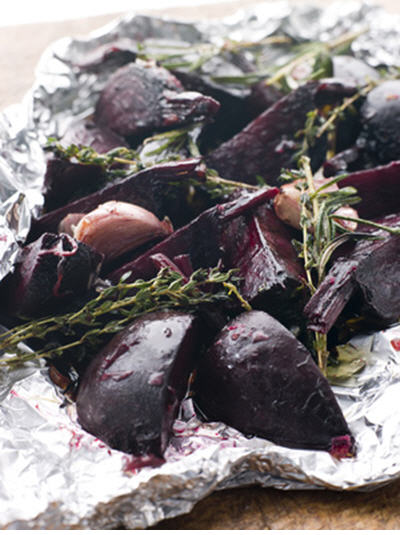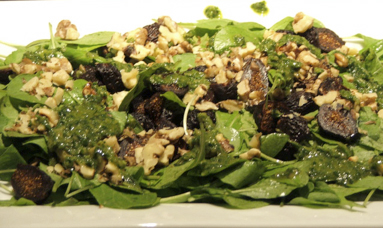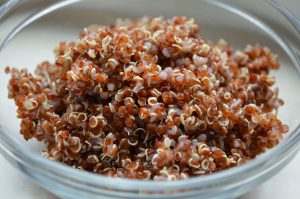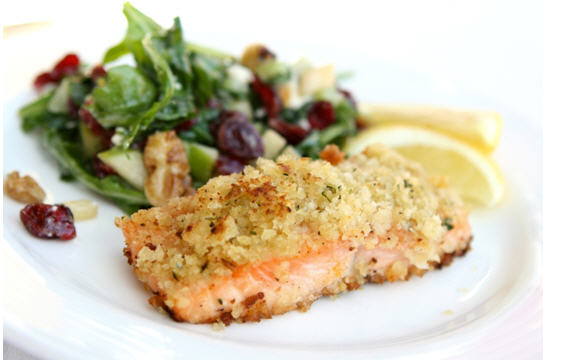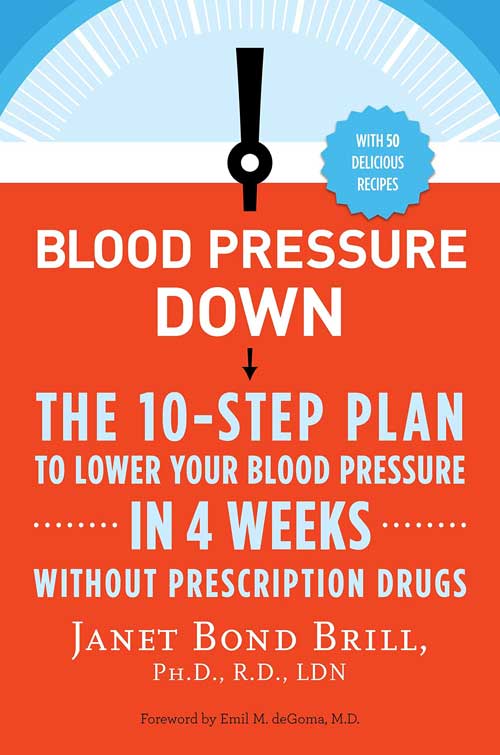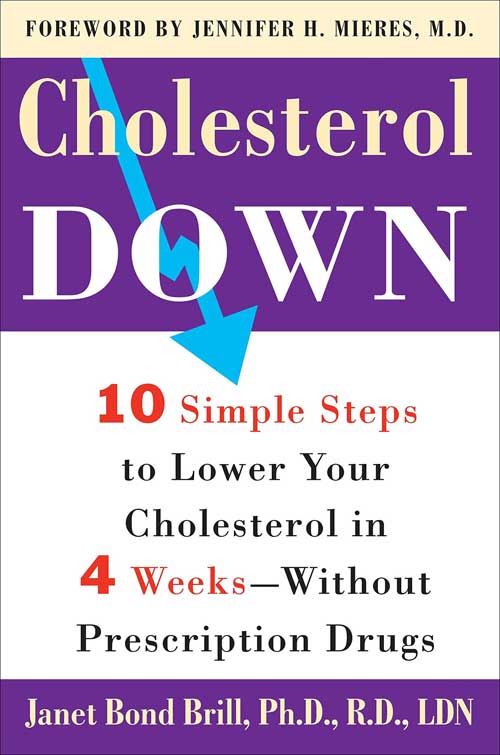By

Q: I see people at my gym drinking coffee before they work out. Is this a good energy boost for a workout?
A: Oh, that morning cup of Joe . . . Americans just can’t seem to get enough of the most popular behavior-altering drug in this country, caffeine. Is it smart to down a cup or two of coffee before you work out or is it better to refrain until after you get your exercise in?
Caffeine is the most widely used ergogenic aid (a substance that can purportedly enhance sports performance) and has been scientifically proven to be a highly effective sports aid. Caffeine is a central nervous system stimulant that can help you perform better because it acts to increase alertness as well as lower your perception of effort during exercise—so you can exercise harder and it won’t feel as difficult. The science has shown that caffeine is most valuable for endurance-type athletes involved in sports such as cycling and long-distance running. Caffeine has been shown to increase the amount of fat floating in the bloodstream of endurance athletes, which would theoretically improve endurance performance by helping to spare muscle glycogen. When muscle glycogen runs low, endurance athletes need to slow their pace, so an ergogenic aid that enables athletes to “spare” the glycogen in favor of using the fat for fuel would be highly beneficial and potentially delay fatigue.
If you do decide to drink a cup of coffee before exercising, there are a few caveats. Caffeine is a diuretic, so if you choose to consume it before exercising in a hot, humid environment, be sure to drink extra fluids to compensate. Furthermore, many people are caffeine sensitive and can have negative side effects from consuming caffeine, such as nervousness, upset stomach and a rapid heart rate. If you are caffeine sensitive, I would suggest that you abstain.




